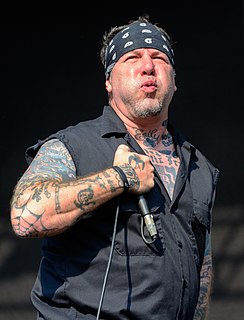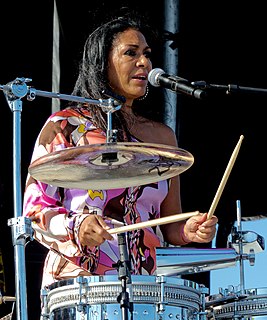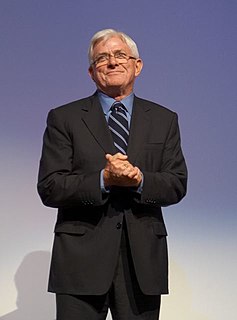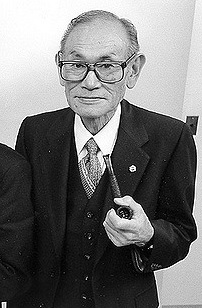A Quote by Roger Miret
We were all anti-Reagan, we were all politically-aware, we were all anti-war and things like that. These days a lot of the newer bands don't even really talk about that sort of stuff anymore.
Related Quotes
Over the years, my marks on paper have landed me in all sorts of courts and controversies - I have been comprehensively labelled; anti-this and anti-that, anti-social, anti-football, anti-woman, anti-gay, anti-Semitic, anti-science, anti-republican, anti-American, anti-Australian - to recall just an armful of the antis.
And there was a deeper, less visible effect of the Truman loyalty program. Seeing its consequences for certain individuals and fearing its intrusion on their own lives, many in the government sought protection by strongly asserting their anti-Communism. In the public action that ensued, policy was based not on reality but, instinctively or deliberately, on personal caution...Those who urged a militant and sometimes military anti-Communism were considered sound, trustworthy and personally safe; those who questioned such a course were politically unsafe, possible even slightly disloyal.
We thought that the odds of things working OK were up in the upper 90 percent or we wouldn't have gone. But the - there were some problems cropped up on the flight but was able to take care of those OK and - although they were things that we hadn't really trained that much for. But it was the time of the Cold War and so there were was a lot of pressure on the - to get going and the Russians were claiming that they were - Soviets were claiming they were ahead of us in technology.
Before the war, my parents were very proud people. They'd always talk about Japan and also about the samurai and things like that. Right after Pearl Harbor, they were just real quiet. They kept to themselves; they were afraid to talk about what could happen. I assume they knew that nothing good would come out of it.
I was never really that aware of commercial things. The stuff that was really influential to me were bands like the Misfits or the Birthday Party, or things like that. If someone said, "Do you love Judas Priest?" - I never really even had a Judas Priest record. That's not what I grew up with. That wasn't really my scene, you know? That's why White Zombie never really fit. I still don't fit.
My parents are from the South - they were both born in Birmingham - so my dad saw R.E.M. really early on when they were playing college stuff in Athens. He had a bunch of their cassettes from the '80s, and when I was 8, 9, or 10, those were the sort of things that were around the cassette player in the living room.




































